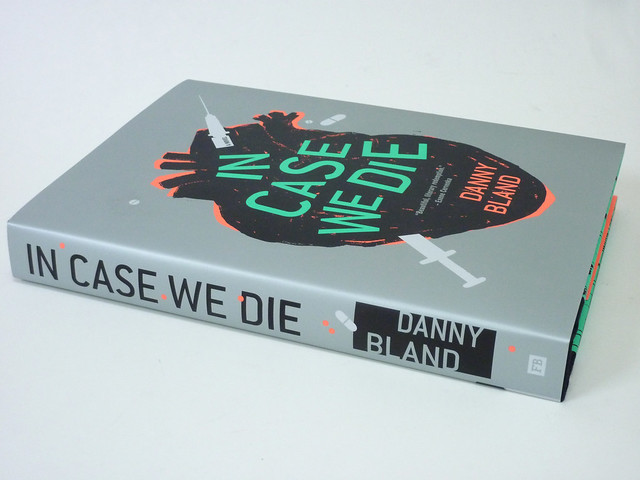- Thread starter
- #21
I was just posting that for the thread in general.
Calm down, defensive Dan.
IF YOU WOULD READ HIS POST YOU WOULD KNOW HIS NAME IS CHRIS!
SHIT
Follow along with the video below to see how to install our site as a web app on your home screen.
Note: This feature may not be available in some browsers.
I was just posting that for the thread in general.
Calm down, defensive Dan.
I was just posting that for the thread in general.
Calm down, defensive Dan.
I am about 1/2 way through Killing Jesus by Bill O'Reilly. It is not what I would call a theological read but rather attempts to tell the historical view of the Man Jesus and his life. Also spends a great deal of time with the world he grew up in and how the Roman empire impacted him and him it. I would also recommend Killing Kennedy and Killing Lincoln. Loved all the Clancy novels btw.


Big Vonnegut fan.Currently reading American Gods by Neil Gaiman.
Actually finished Slaughterhouse Five for the first time about a month ago.
I go through phases. Like I might not read one page of a book for 3 months then I might read a bunch of books back-to-back. I prefer nonfiction though. Easier to stick with it when you feel like you're actually learning something.I'm jealous i do not have the attention span to read a book lol literally i.think the last book i read was in like fourth grade. And no its not that its hard or anything lol i know those jokes are coming. I literally read at college levels in second grade. Shits jus too boring
I loved Slaughterhouse Five in like 5th grade... Good stuff lol.Currently reading American Gods by Neil Gaiman.
Actually finished Slaughterhouse Five for the first time about a month ago.
I loved Slaughterhouse Five in like 5th grade... Good stuff lol.
j/k Vonnegut was the man.
American Gods should be a considered an American classic. I'll read anything Neil Gaiman writes. His short stories are amazing.
He is working on a sequel and apparently it is about to be made into a series on cable.
If you liked it, read Anasi Boys and Fragile Things.
Any decent non-fiction I'm missing out on? I have enough time to squeeze in something before football season.